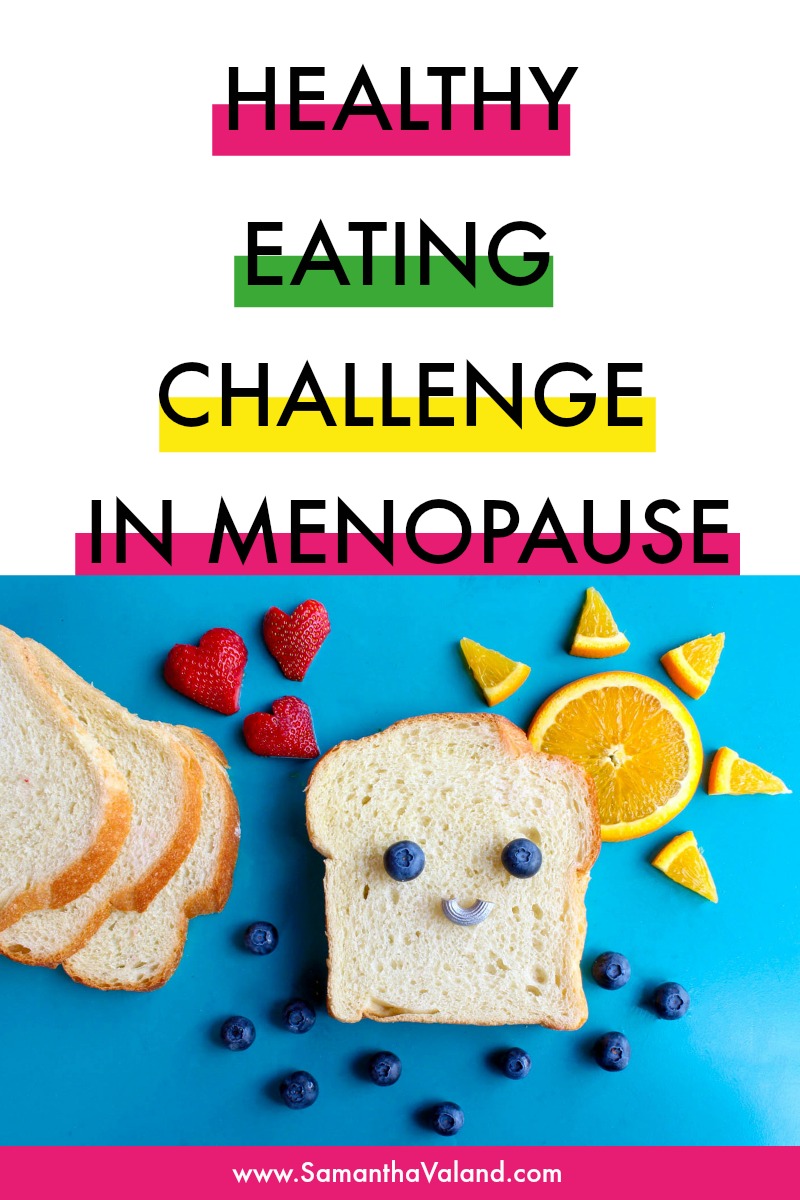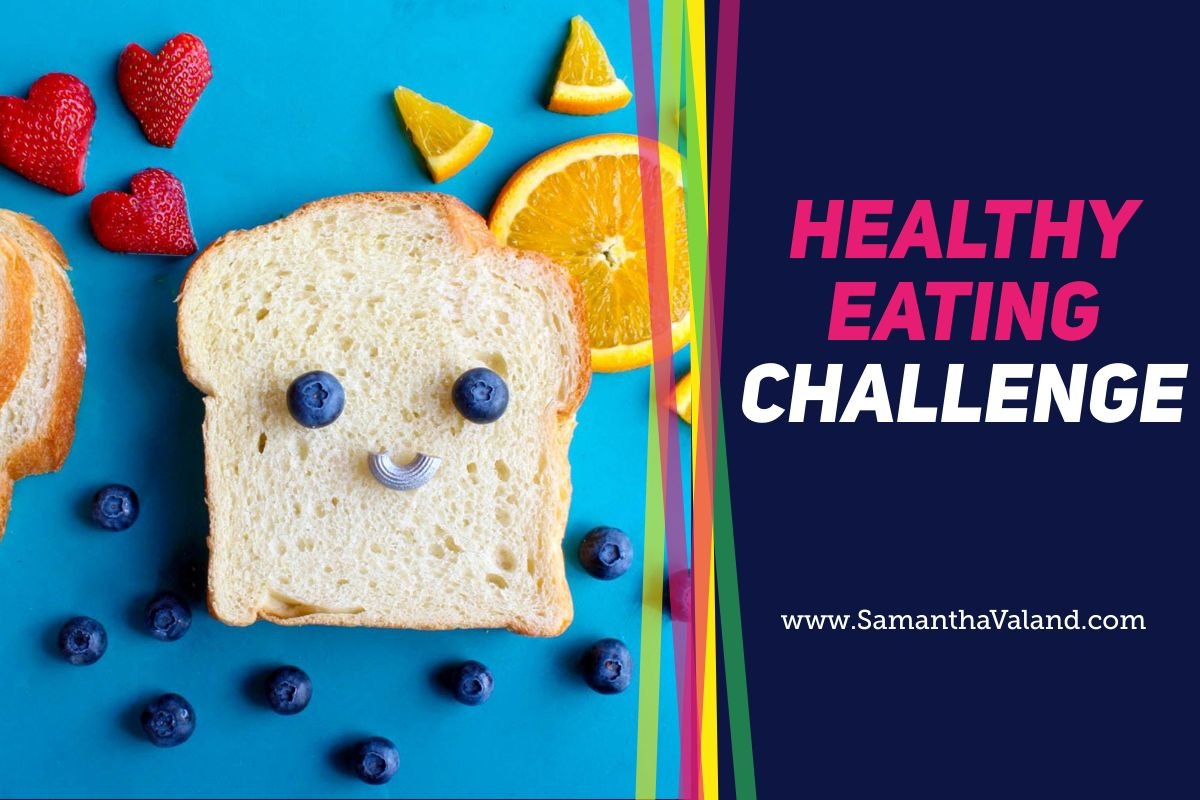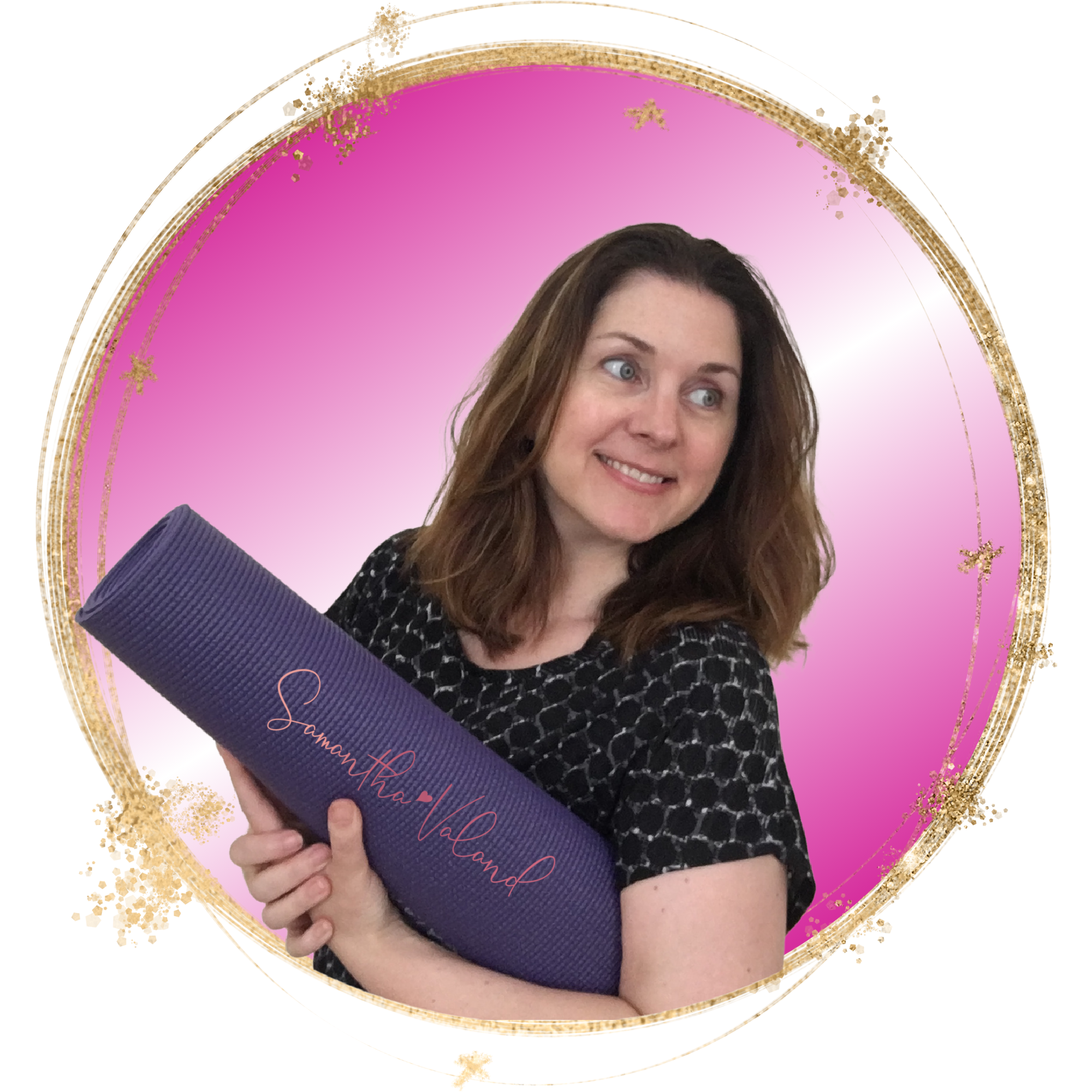There are 5 challenges in this year’s healthy eating week from British Nutrition Foundation. What I love about them, is that there is nothing new or exotic about them. There is nothing extra to buy for you to buy and you will have heard off all of them before!
Because these challenges are not new, there is a tendency to overlook them. However, if you are fed up reading how coffee is great for you one week and not another then this consistency over basic healthy eating habits is great relief.
I am looking at these challenges in the context of how they are important during the menopause.
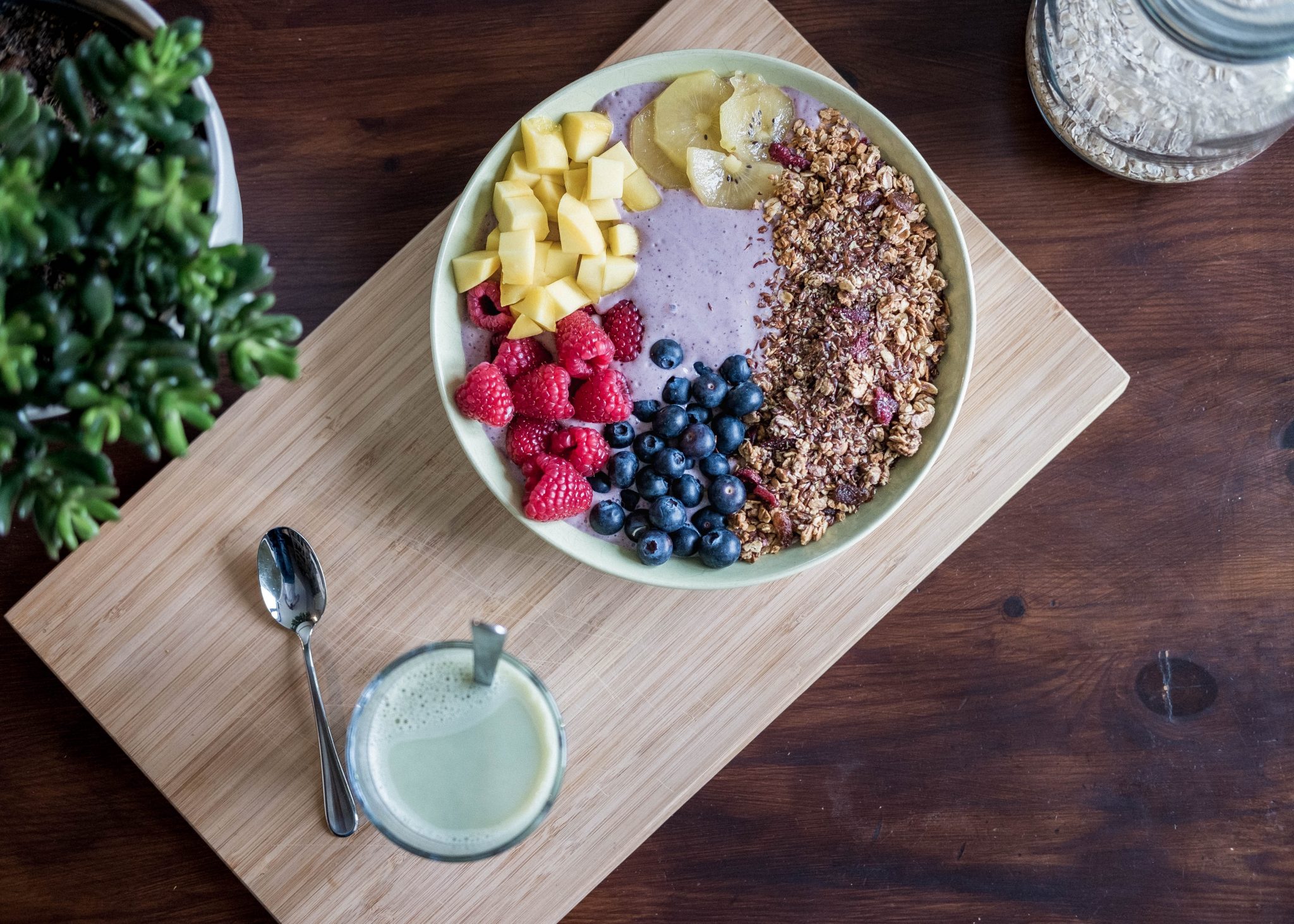
Eat breakfast
If you are time poor in the mornings then it’s easy to skip breakfast at home, and grab something on the way to the office, which can be calorific and not always the best choice when you are hungry.
I tend to prioritise slow eating and time to digest over time spent preparing, so creating breakfast beforehand is a great way to speed up breakfast at home.
Porridge oats can be made the previous day and left soaking in the fridge overnight. You can add a portion of fruit such as berries which are low GI. Oats are known to lower cholesterol and reduce high blood pressure. Heart health becomes important as estrogen levels fall during the menopause may have a detrimental effect on your heart.
If you are thinking about adding some man-made estrogen into your diet, changing to Soya milk at breakfast time is an easy swop.
Boiled eggs are great if you want something protein based to start your day, with leftover veggies for one of your five a day. The eggs can be cooked the day before when you are making dinner for easy prep in the morning.
5 Portions of Fruit and Veggies
A rainbow of colours is the usual advice, but going green during the menopause is a powerful way to support your body. Coniferous veggies such as broccoli are my top veggies to eat. They help sweep old hormones out your body and reduce likelihood of estrogen dominance.
Use GI Index to check how much sugar is in your fruit. You can become more sensitive to sugar during the menopause so going for more fibre-based options such as apples, pears rather than grazing on grapes.
A portion of veggies is 80grams. Many women overestimate how many veggies they eat in a day. Although it’s not always an option to weigh your food, an apple is another way to get a ballpark weight or looking on your plate, how much space do your veggies really take up? Ideally it’s half the plate – meal and two veg!
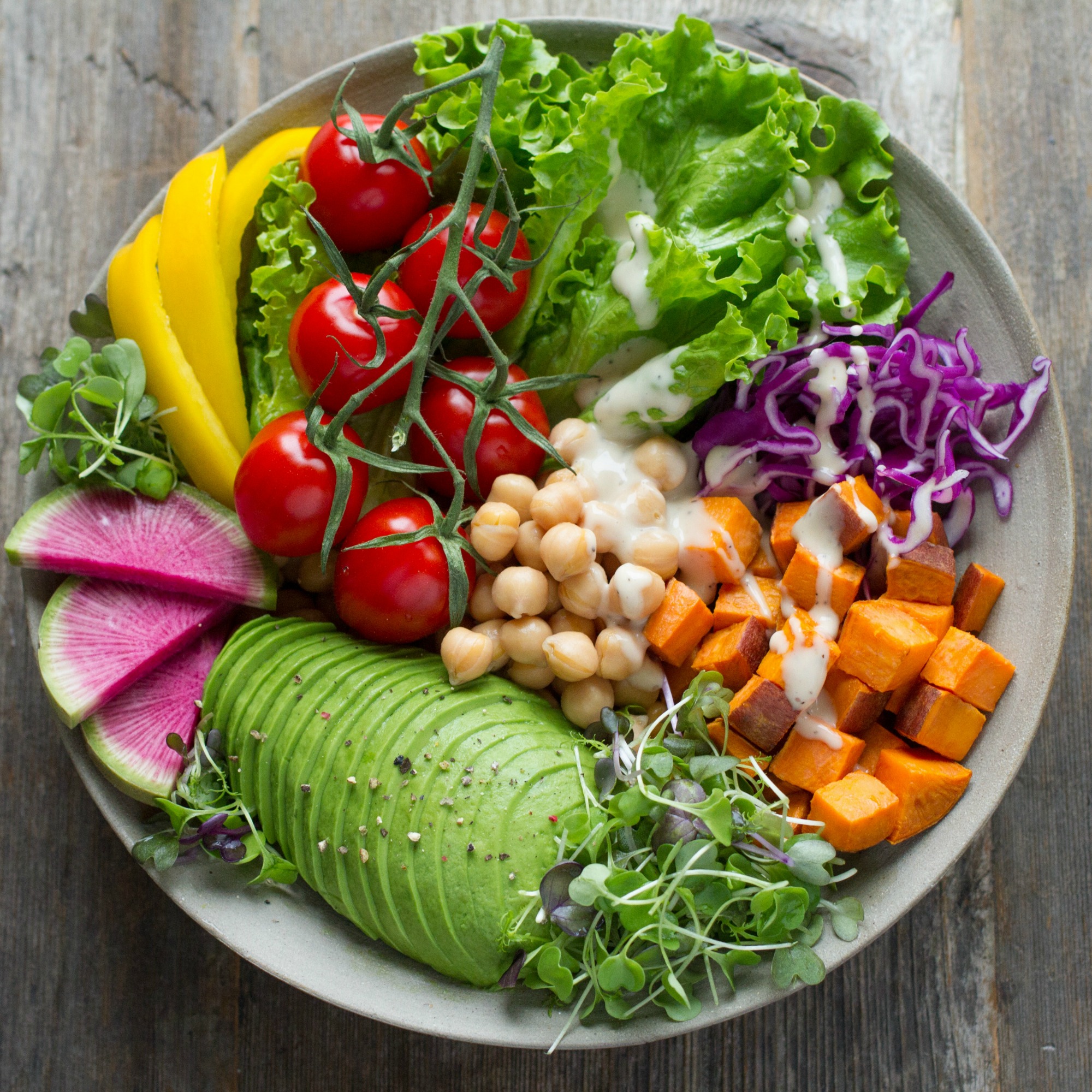
Drink Plenty
It’s an easy one to let slide, but water and being hydrated is important during the menopause. You want to be sure any hungry you are feeling, is indeed hunger and not dehydration.
A foggy head can also be dehydration which is a menopause symptom to avoid where you can!
Your body works so much more efficiently when it’s hydrated, supporting your body by drinking water or herbal teas is simple and easy to do.
Man-made estrogens are also stored in plastics, so reducing using water bottles and storing foods in plastics tubs can help reduce symptoms
Why not start your day with a big glass of water!

Sleep
Sleep to lose weight is an odd concept when you are used to eat less exercise more! But sleep is the ultimate in hormonal balancing and it helps reset hunger hormones as well as minimising menopause malarkey.
If you think about teenagers and how much sleep they need, menopause women are at the other end of the spectrum and need just as much sleep.
Can you priorities getting to bed and sleeping earlier, as well as getting up as late as you possible to help reduce menopause symptoms but also you will eat very differently when you are tired and running on empty compared to firing on all cylinders.
Be Active
We all know being active is good for us, but that can be a challenge when you are tired during the menopause. If you are always eating for energy, why not try moving instead.
It’s recommended that moving every hour for just 2 minutes is great for your health. My Fitbit has a ‘reminder to move’ option and buzzes when I haven’t walked 250 steps in an hour. Which is easy not to on an admin day or teaching Pilates.
Walking is easy and free. Be clear on whether your walk is restorative or exercising your heart and lungs. Restorative walking is a slow pace and helps with hormone balancing. Exercising is obviously a faster pace getting out of puff, maybe including an incline (aka a hill!) or perhaps some stairs. Both are good for you.
Use it or lose it

That is our 5 challenges, now you may want to focus on just one at a time rather than all together. And you can do this challenge at any time. It doesn’t even have to be a Monday!
- Eat breakfast
- 5 portions of fruit and veggies
- Drink Unsweetened Water
- Sleep More
- Be Active
Subscribers to my newsletter will receive a free copy of ‘Healthy Eating Challenge’ tracker. It will help you monitor your progress. Everyone loves to tick off their list. You can subscribe here
It includes my Menstrual Cycle Tracker to help you identify where in your cycle you are, and if it is influencing your behaviour
The secret to a healthy lifestyle is consistency, so aim for consistency over perfection!
If you enjoyed this blog, you may also be interested in my blog ‘Natural Ways to Reduce Menopause Symptoms’
Click here to read
